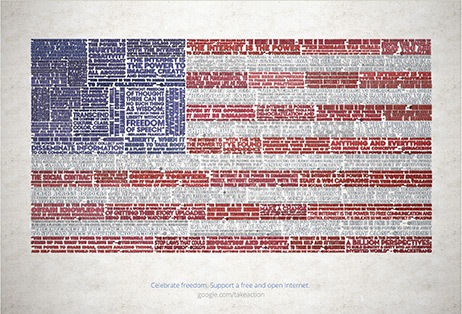The Science Online conference was held this weekend in Maryland. I wasn't able to attend, but NPR held a fascinating Science Friday show on the state of science in this world of blogging, social media, and traditional websites.
I created my blog to deal with two problems that I've seen with science reporting online: 1) it's too jargon heavy and doesn't focus on the common user and 2) it's grossly inaccurate. The following exchange between host Ira Flatow and Bora Zivkovic, blog editor at Scientific American deals with this:
ZIVKOVIC: When you're straight-out science reporting, there's really no need to include or allow inclusion of opinions that are completely unscientific.
FLATOW, Host: But we live in an age, at least in the United States, where some people, now, in the last few years, possibly politically oriented, say that, you know, science is just another matter of opinion, you know.
ZIVKOVIC: Yeah, that's their opinion. That doesn't mean that opinion is correct, either. Because unlike other opinions, scientific opinion has to be backed up by empirical information, by empirical data, and it's a self-correcting - at least long-term - self-correcting endeavor. So an individual scientist may have biases or opinions, but science as a whole is a way of knowledge that actually is trying to represent nature as it really is.
You can stream the show on NPR or download it here.
For more about Science Online, check out their Flickr album, #scio13 Twitter hashtag, and overall website.




